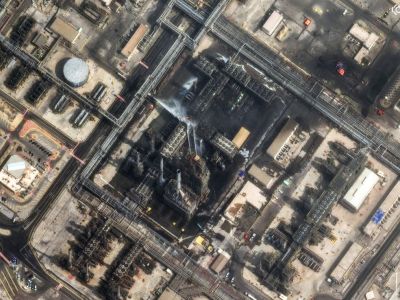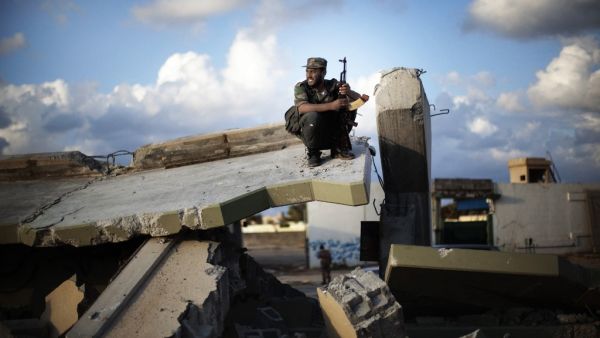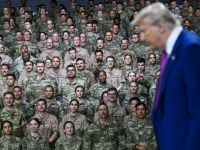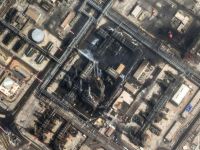The EU has warned that any country or group that delays Libya’s planned elections on Dec. 24 this year will face harsh sanctions.
The warning comes ahead of a meeting of foreign ministers to oversee the withdrawal of foreign forces from the war-torn country.
The Berlin talks will look to outline guidelines for the withdrawal of foreign fighters, and again demand that elections take place at the end of the year. However, previous deadlines set for military withdrawals have been ignored.
The EU has warned that any country or group that delays Libya’s planned elections on Dec. 24 this year will face harsh sanctions.
— Asharq Plus | +الشرق (@AsharqPlus) June 22, 2021
.
.#eu #threatens #sanctions #over #Libya #political #gridlock pic.twitter.com/mCWhONjmpa
The UN has proposed a meeting in Geneva next week of the Libyan Political Dialogue Forum to discuss election details.
But some groups in Libya’s Parliament have engaged in what the EU now views as a delaying tactic, by blocking elections or demanding referendums on a new constitution prior to any nationwide vote.
US Secretary of State Antony Blinken is set to attend the Berlin meeting, which follows talks last December that outlined an in-depth roadmap to take Libya toward democracy and end the civil war.
A national unity government was set up in February, but has been hampered by politicians privately seeking election delays.
Many in the country’s elite political class, labeled as oligarchs by critics, are said to fear the loss of power and financial clout that could result from an election.
The Berlin meeting has been urged by the group Lawyers for Justice in Libya to protect human rights in the country and punish those breaching the UN arms embargo, including some states that took part in the last conference.
The advocacy group also warned that freedom of expression, assembly and association must be protected in order for free and fair elections to be held.
The House of Representatives, Libya’s existing Parliament, has proved to be the main source of delays, despite its Speaker Aguila Saleh claiming that a national election is a prerequisite for reconciliation in the country.
Why the EU is still unwilling to impose harsh sanctions on Turkey. Also the reason why the crazy money will keep funneling by European taxpayers (EU) to Turkey despite all the Turkish crimes in Cyprus, Greece, Libya, Syria and Iraq (same applies for Italian +Spanish arms exports) https://t.co/yfEZGmjXjy
— The nerd of the party ?? (@petranspiros) June 25, 2020
The Parliament was ordered by the UN to agree to the idea of a constitution-based election and adopt legislation by July 1.
But Libya has descended into a political stalemate, with disagreements about the constitution that would control any future elected president.
Former Interior Minister Fathi Bashaga is a favorite to win, but there are rumors that Muammar Gaddafi’s son Saif Al-Islam will also stage a bid for the presidency.
This article has been adapted from its original source.












